Sanders to Discuss ‘What Democratic Socialism Means to Me’
Seeking to rebut Trump's attempts to cast him as too liberal, the Vermont senator plans to speak on the philosophy that has guided his career.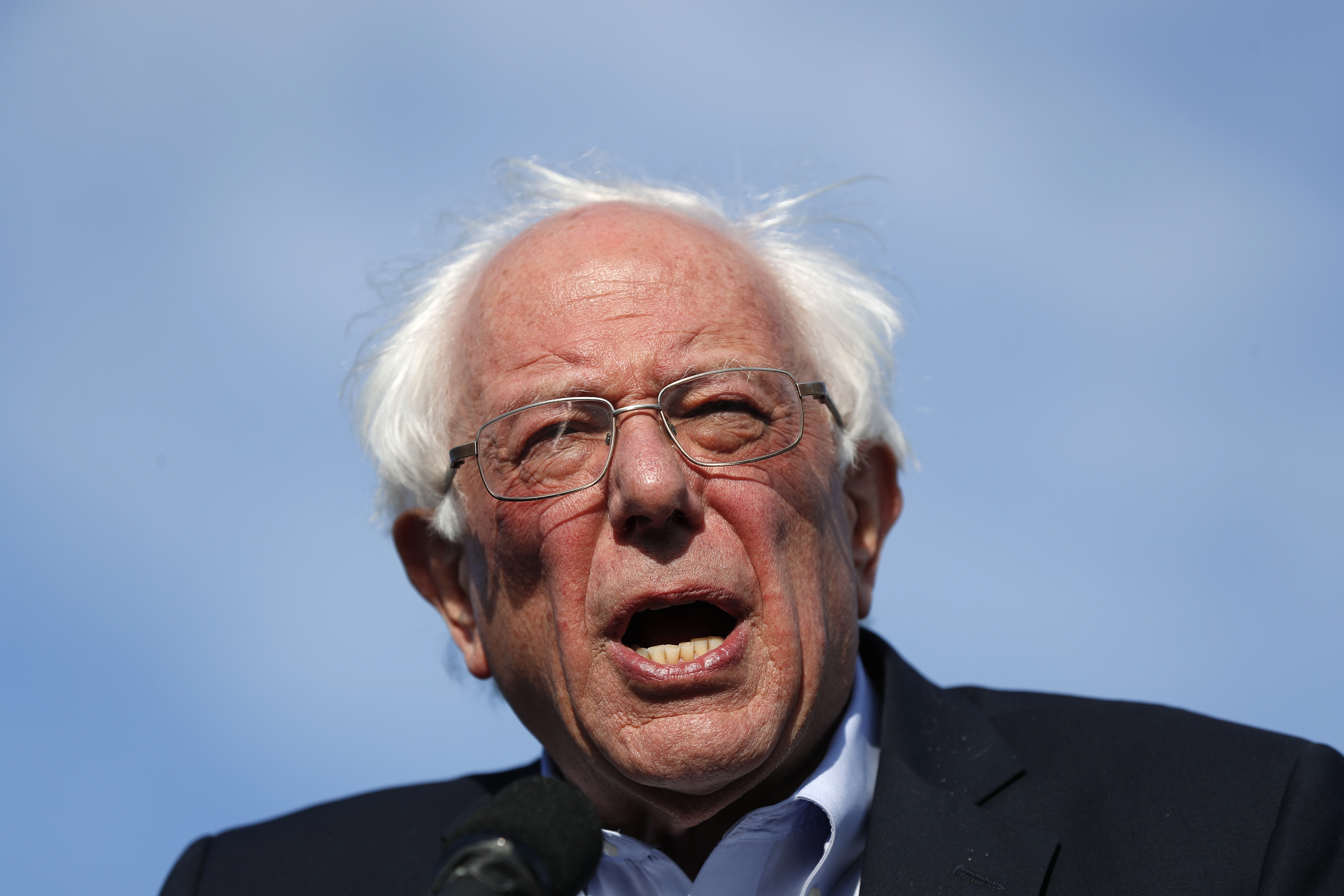 Paul Sancya / AP
Paul Sancya / AP
WASHINGTON — Seeking to rebut President Donald Trump’s attempts to cast him and Democrats as too liberal, Vermont Sen. Bernie Sanders plans to give a speech Wednesday on democratic socialism, the economic philosophy that has guided his political career.
Sanders made similar remarks during his first presidential campaign in 2016, when he faced questions about his decades-long association with democratic socialists. He’s again confronting criticism from within and outside the Democratic Party during his second presidential bid, and the speech, which the campaign is billing as a major address, is an attempt to reframe the debate about his views.
But he’s doing this in a reshaped political landscape in which he’s no longer the sole progressive taking on an establishment candidate, as he was in 2016 when he battled Hillary Clinton. He’s one of two dozen Democratic White House hopefuls, several of whom are also unabashed liberals. And they’re all operating in an environment dominated by Trump.
“We now have a president who is attacking me and others because we believe in democratic socialism,” Sanders said in a Tuesday interview with The Associated Press in which he previewed his speech. “This is a president who believes in socialism, but the difference is he believes in socialism for large corporations and the wealthy, not the working people.”
“What tomorrow is about,” he added, “is defining what democratic socialism means to me.”
Shaping those terms will be crucial if Sanders is to convince voters that his embrace of democratic socialism isn’t a barrier to winning the White House. He’s argued that his populist appeal could help win back the working-class voters across the Midwest who swung from Democrats to Trump in 2016.
Sanders is fond of noting that many of his Democratic rivals now back policies, such as “Medicare for All,” that were seen as too costly and too liberal in previous elections. But few of the other Democrats seeking the White House share his support for democratic socialism.
Former Vice President Joe Biden, who has jumped to the top of the Democratic field in part because of a perception that he’s the most electable candidate in the race, has derided the notion that politicians must be socialists to prove they’re progressive. Other liberal candidates, including Sens. Elizabeth Warren of Massachusetts and Kamala Harris of California, have noted that while they have problems with the economic system, they remain capitalists.
Trump and his allies have nonetheless lambasted Sanders and the rest of the Democratic field, warning against what they call the threat of creeping socialism.
In this year’s State of the Union address, Trump declared that America “will never be a socialist country.” Weeks later, when Sanders entered the race, a spokeswoman for Trump’s campaign said Sanders had “already won the debate in the Democrat primary because every candidate is embracing his brand of socialism” and said Trump is the only candidate who will keep the country “free, prosperous and safe.”
On Tuesday in Iowa, Trump claimed Democrats will “destroy this country” and turn the U.S. into “another Venezuela.”
“Don’t let it happen to us,” Trump warned at an Iowa GOP dinner in West Des Moines.
Sanders last spoke in depth about democratic socialism in November 2015. Also speaking in Washington, he invoked the legacies of President Franklin D. Roosevelt and the Rev. Dr. Martin Luther King Jr., arguing that democratic socialism was reflected in their priorities.
While in Tuesday’s interview Sanders promised he would be more explicit this time in describing his belief in democratic socialism, some of the themes he will discuss echo the 2015 remarks, including positioning himself as the heir of the ideals that originated with Roosevelt in 1944.
“Over 80 years ago, Franklin Delano Roosevelt helped create a government that made huge progress in protecting the needs of working families,” Sanders will say, according to prepared remarks. “Today in the second decade of the 21st century, we must take up the unfinished business of the New Deal and carry it to completion. This is the unfinished business of the Democratic Party and the vision we must accomplish.”
As he did in his first presidential run, much of Sanders’ campaign speech is focused on promising a wholesale revolution, including a fundamental rethinking of the political system. Asked Tuesday how he would tangibly change Washington’s centers of political power to make his visions a reality, he said he would do so “by taking politics out of Washington.”
“What the political revolution means to me, above and beyond democratic socialism, is getting millions of people who have given up on the political process, working people and young people, to stand up and fight for their rights. So those are the profound changes that we will be bringing about,” he said.
Your support is crucial…With an uncertain future and a new administration casting doubt on press freedoms, the danger is clear: The truth is at risk.
Now is the time to give. Your tax-deductible support allows us to dig deeper, delivering fearless investigative reporting and analysis that exposes what’s really happening — without compromise.
Stand with our courageous journalists. Donate today to protect a free press, uphold democracy and unearth untold stories.

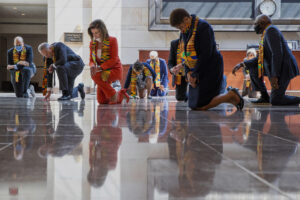
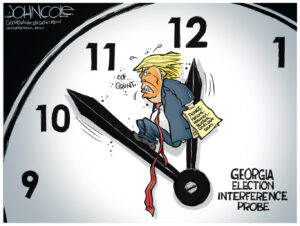
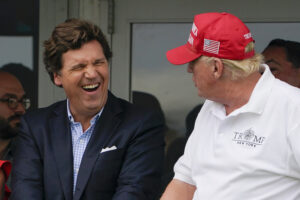
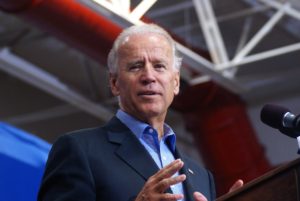
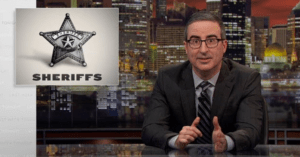
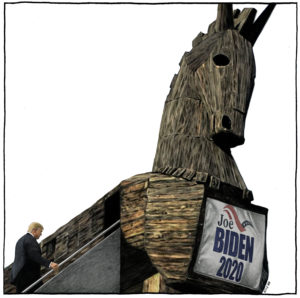


You need to be a supporter to comment.
There are currently no responses to this article.
Be the first to respond.